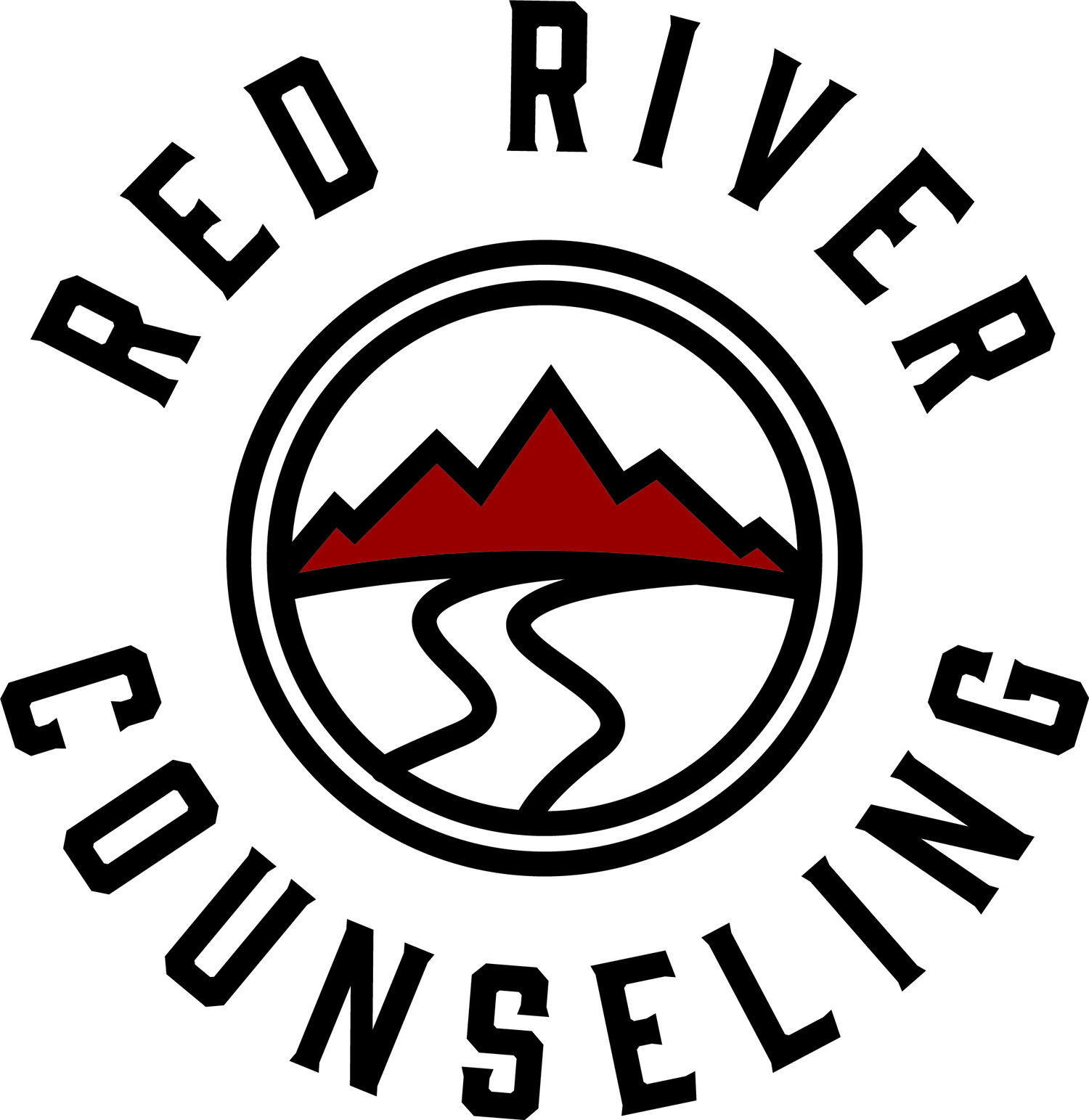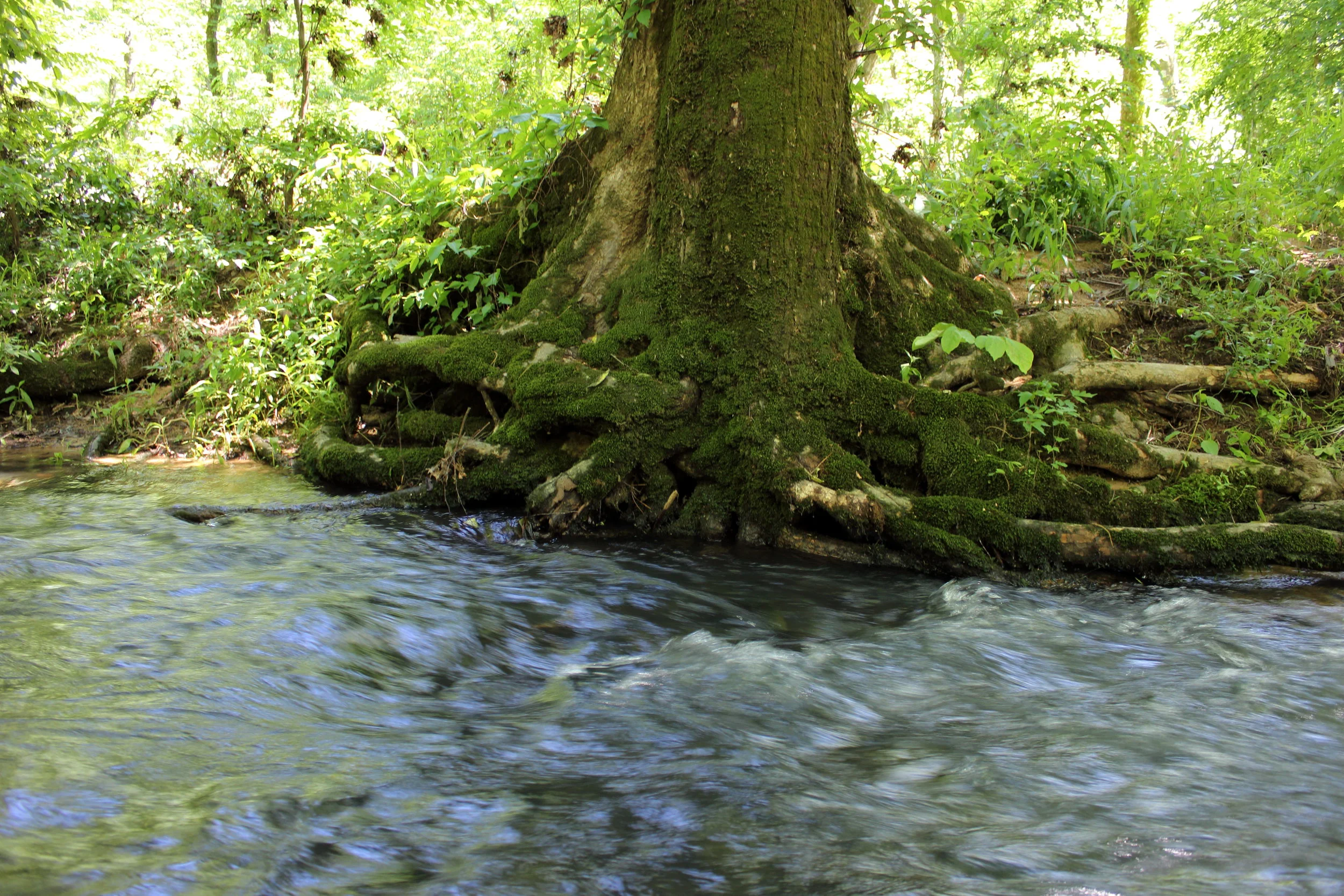Free to Love
/What does Paul mean with this?
“Christ has set us free to live a free life. So take your stand! Never again let anyone put a harness of slavery on you” Galatians 5:1
What does freedom consist of for Paul? The first paragraph or so of this chapter focuses on freedom from religion or anti-religion, that we no longer have to abide by a system of rules to form us into righteous and perfect persons, nor do we have to reject a system of rules to become free. We are truly and completely free from the man made, man-centered religions of self-made rightness with God, which Paul refers to as a harness of slavery.
A few sentences later Paul says “What matters is something far more interior: faith expressed in love.” Far more important to God is the interior of our lives, which no amount of rule keeping or rule rejecting could develop.
Then, and I think this is the most surprising part of Paul’s essay on freedom, his remedy for our misusing freedom for all kinds of self-centeredness is this:
“Rather, use your freedom to serve one another in love; that’s how freedom grows. For everything we know about God’s Word is summed up in a single sentence: Love others as you love yourself. That’s an act of true freedom. If you bite and ravage each other, watch out—in no time at all you will be annihilating each other, and where will your precious freedom be then?”
The truest form of freedom is one of ‘other-love’.
I’d like to encourage and challenge you a bit on this.
I write this on July 3rd. I live in a small town which celebrates the 4th with a kind of veracity and praise that make it hard to not get caught up in the festivities. I often think of my Papa who was shot twice in the Korean war, once in the hip and once through the throat. His physical and emotional sacrifice, along with millions of others, has given me much that I'm grateful for.
But, if your standard for freedom is what you celebrate on the fourth, you’re missing out. Besides the history of genocide and slavery that mar the American concept of freedom, it’s based on man-made rules, regulations and self-will. As good as it is to live in the United States, it is a distorted and incomplete version of freedom. Paul is talking of a much grander freedom than any patriot could surmise.
If you are in Christ, you are free from the duties of man-centered religion, and free to love: God, yourself, your neighbor, and even your enemy. Why? Because you’ve been set free, and this is a hugely important difference from what we enjoy in the States. Countries, religions, politics and the imprisoned have to earn their freedom by acts of self, which is why it is always incomplete. Paul says that we were set free, meaning we have nothing to do with it, and that this freedom is utterly complete, without hindrances or restrictions.
So, my challenge to you is this, how will you use your freedom?
To seek selfish gain, a position of power, more 'rights'? Or, will you take your freedom and love the unlovely? You are actually free to love those you hate, those you envy, those you despise, those who have hurt, betrayed and wounded you. You’re even free on the fourth to love those who scare or intimidate you, and those you feel threatened by. This seems a bit much, even as I write it, but it’s true throughout Scripture. This doesn’t mean you have to tolerate harmful behavior, but it does mean you can let go of your fear and hate, and take up a consistent mindset of love towards others.
My final encouragement is this: choose to pursue love towards those you don’t understand or necessarily agree with. For myself this year, I am trying to love those folks to whom the 4th of July brings a great deal of grief, confusion and a deep sense of betrayal. Here is one article by a good friend of mine if you would like to give it a try, but regardless of whose reality you try to love, pursue it with the freedom for which Christ set you free.

